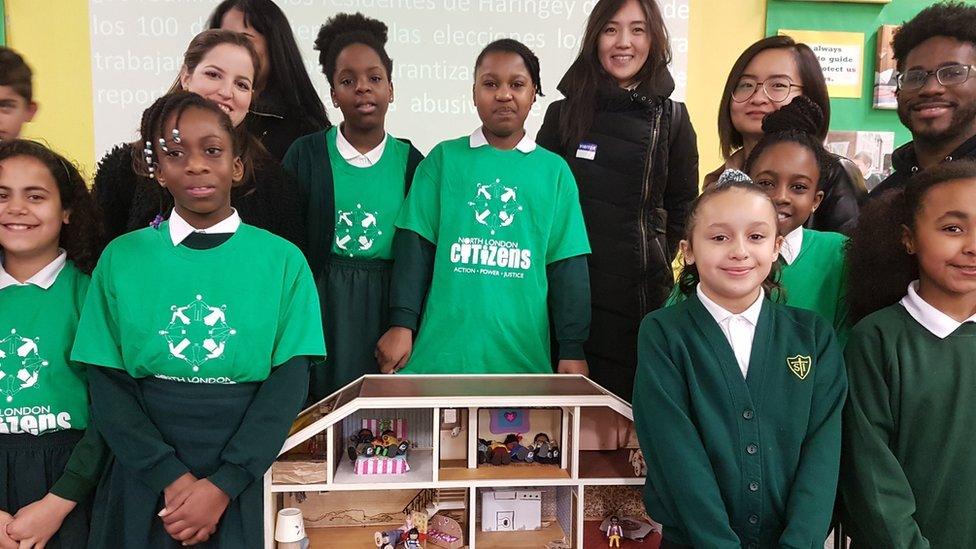Mortgage rates rising: What is a mortgage, and why are they getting more expensive?
- Published
- comments
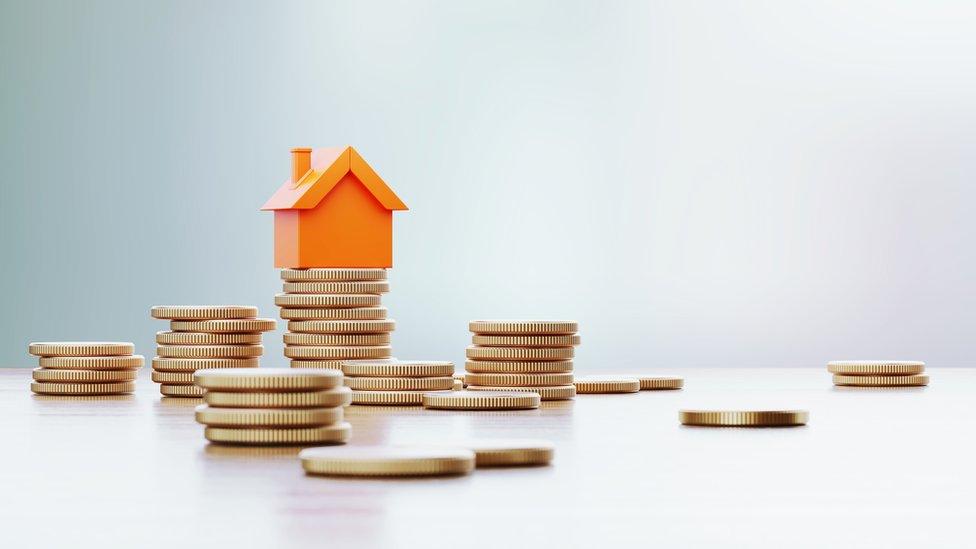
Mortgages are getting more expensive, but what are they and why is this happening?
Things like groceries, clothes and toys are very expensive at the moment, as the ongoing cost of living crisis continues to keep prices high.
The cost of owning or living in houses and flats is also going up as a result.
But why is this happening, and what do all the terms mean? We've spoken to some financial experts and the BBC's cost of living correspondent Kevin Peachey, to give you the low down.
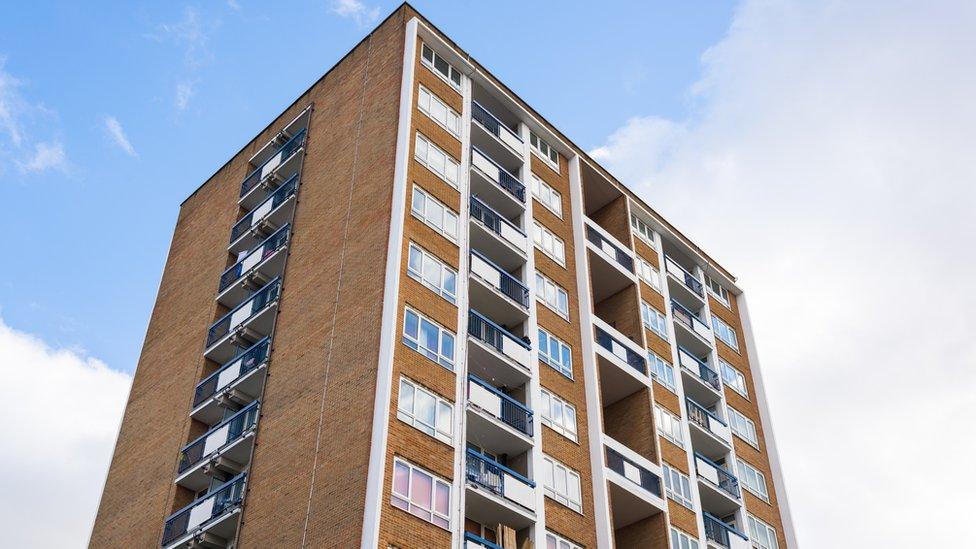
A mortgage is a loan used to buy a home.
Buying a home is very expensive. Most people cannot pay all in one go, so they borrow money from a bank or building society. That loan is called a mortgage, and is paid off gradually every month for many years.
Kevin Peachey, BBC's cost of living correspondent
Why are mortgages getting more expensive?
Adults can not borrow the money for a mortgage for free, as Sarah Coles, who's the head of personal finance at Hargreaves Lansdown explains: "In return for letting you borrow, the bank charges you interest. This means paying back a bit more than you borrowed.
"What has changed recently is that the banks are charging more interest, which is why the amount people pay each month on their mortgages is increasing."
Interest rates show how much extra you have to pay if you borrow money from a bank or building society.
For example, if you borrow £1,000 for a year, with an interest rate of 10%, then - after a year - you must pay back the £1,000 plus 10% of £1,000, which is £100. So in total, you will pay back £1,100.
Kevin Peachey, BBC's cost of living correspondent
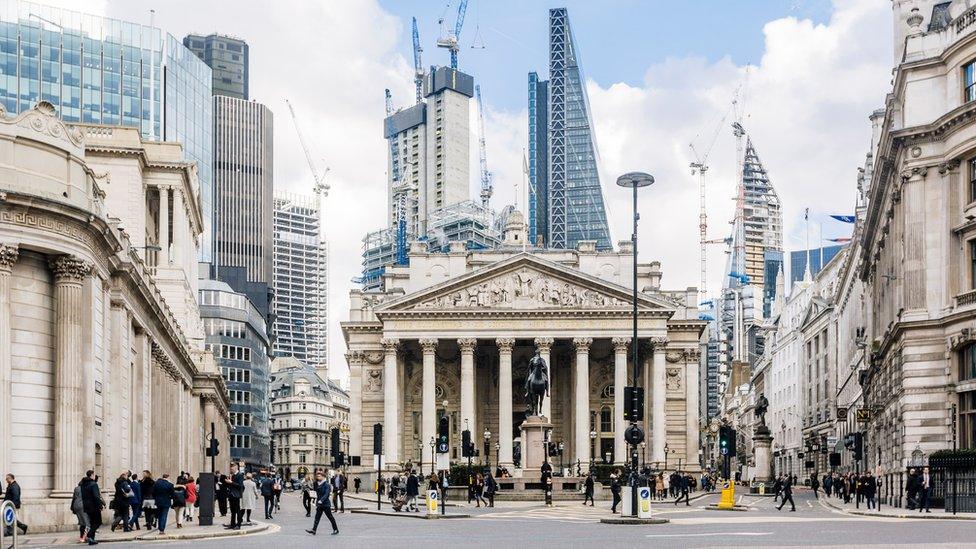
The Bank of England meets every six weeks to decide whether or not interest rates need to change
The Bank of England is responsible for setting interest rates in the UK.
They take a look at the economy, and set what they believe to be appropriate rates based on their analysis.
Interest rates have been going up since December 2021, and are expected to go up again and remain high for longer than previously expected.
The Bank of England will push [interest rates] up or down depending on what it's trying to get people to do. At the moment it doesn't want people to borrow money, so it's pushing rates up.
Higher rates means it's more expensive to borrow money, which includes for mortgages.
There are also two different types of mortgage - fixed-rate and variable.
The word variable means likely to change, and that's exactly what happens - with a variable mortgage, the amount you pay will immediately change if interest rates do. So as they're going up at the moment, adults with variable mortgages are seeing them get more expensive.
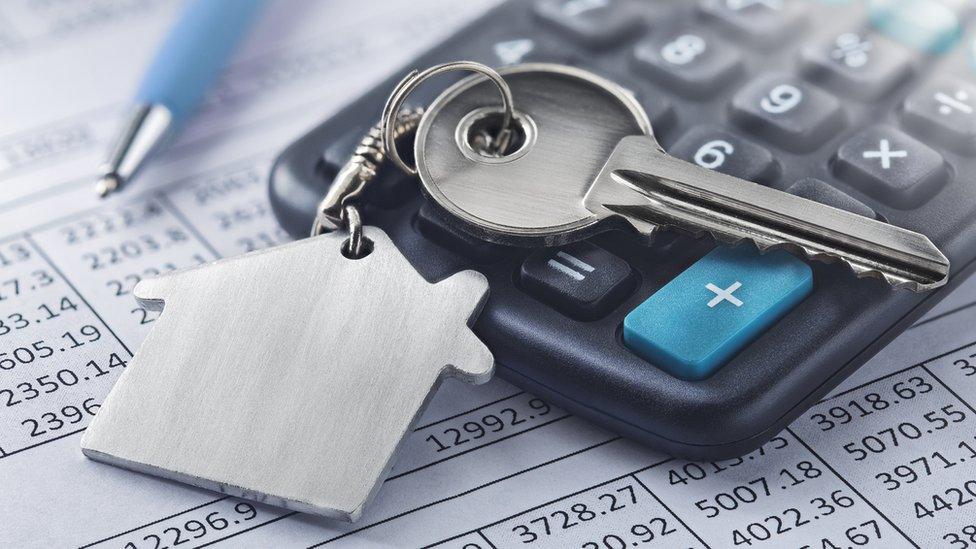
Fixed-rate means you agree to a particular interest rate for a number of years.
Banks selling these types of mortgages look at current rates, but also predict what they think the Bank are likely to do in a few years time.
Because they currently think the Bank of England will keep putting interest rates up for a while yet, fixed-term mortgages are also getting very expensive.
How is this affecting people who rent?
Having a mortgage isn't the only way to pay to live somewhere - lots of people in the UK rent, which works differently.
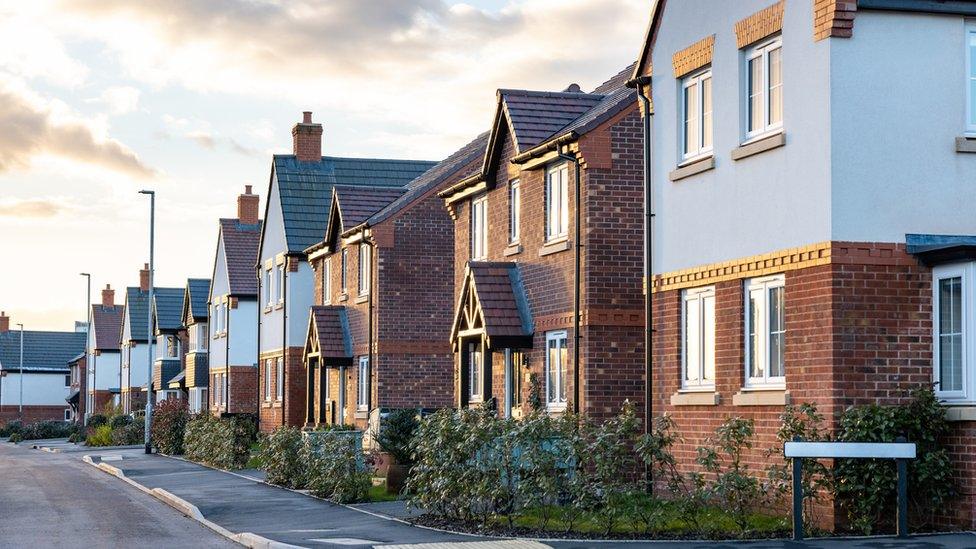
When an adult lives in a home which is owned by somebody else, they pay them money - usually once a month - for the right to live there.
That payment is called the rent.
Kevin Peachey, BBC's cost of living correspondent
Often, landlords will have a mortgage in order to afford the home they then rent out.
Because of this, the rising costs of mortgages are making things more expensive for landlords.
These landlords might then decide to increase their rents in order to cover these costs.
A landlord is someone (or it could be a business) who owns a home. They let people - known as tenants - live there.
In return the tenants pay rent.
Kevin Peachey, BBC's cost of living correspondent
Sarah Coles told Newsround that some landlords are deciding to sell the houses they rent out altogether, and that having less houses available for renters is also making it more expensive.
"If you get lots of people chasing a few properties, landlords know they can put up the rent, because someone will be happy to pay it," she explained. "Recently we've seen the number of properties available to rent fall.
"We've also seen the number of tenants rise, because higher house prices mean they can't afford to buy. Both of these things are pushing rents up."
When will the cost of housing come down?
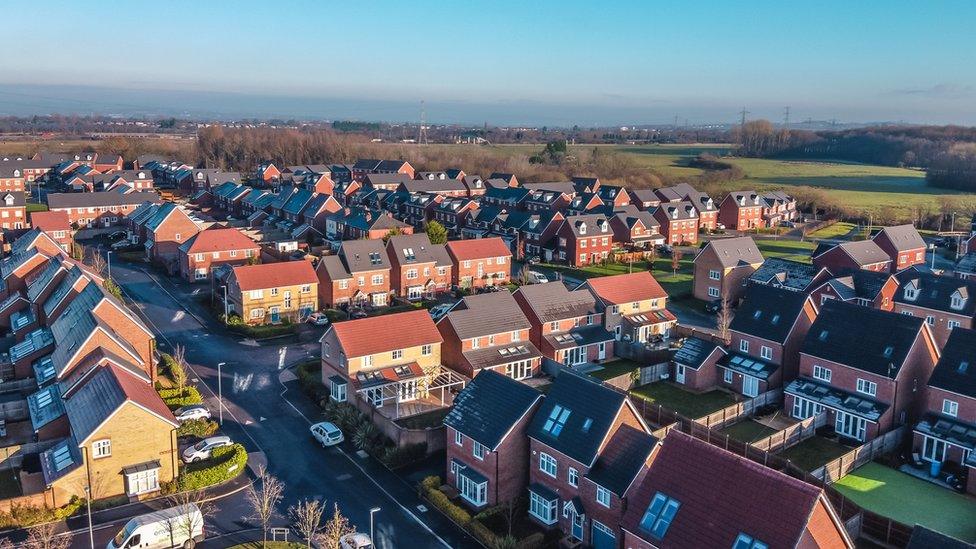
"This is a tough question," Sarah Coles told Newsround, "and nobody really knows the answer."
She said the Bank of England is expected to cut interest rates next year, which could bring mortgage prices down and stop rent from getting going up as quickly as it is now.
However, there is shortage of homes available at the moment. Which may keep prices high.
So many landlords have sold up that the shortage of homes to rent will keep prices higher
- Published5 April 2023
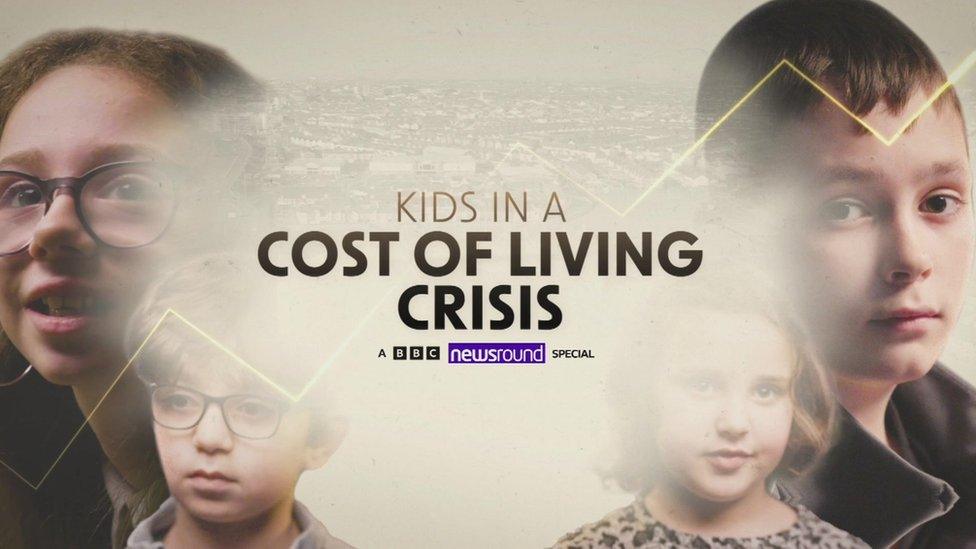
- Published19 April 2023
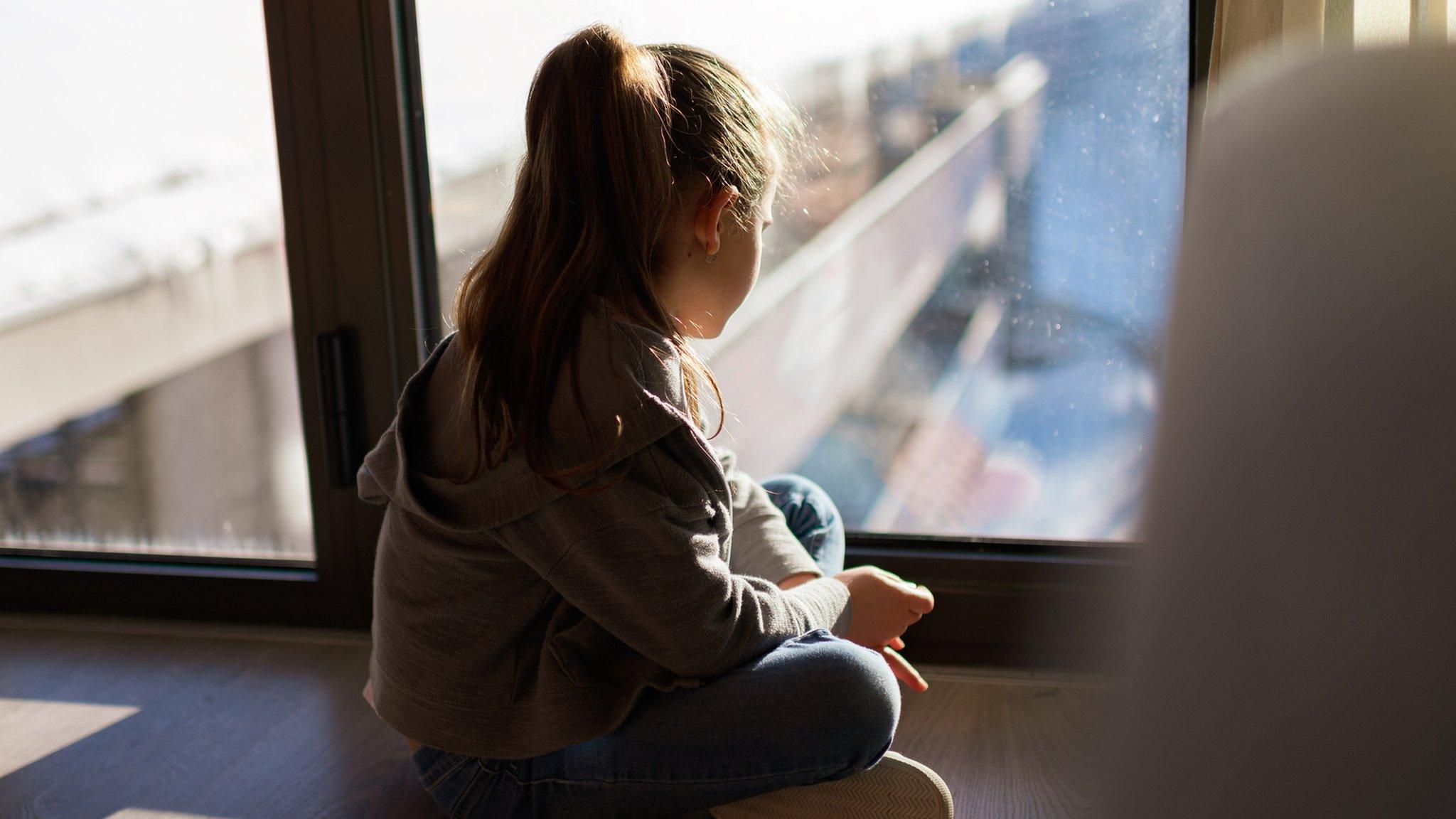
- Published6 March 2018
